Open Menu
Search
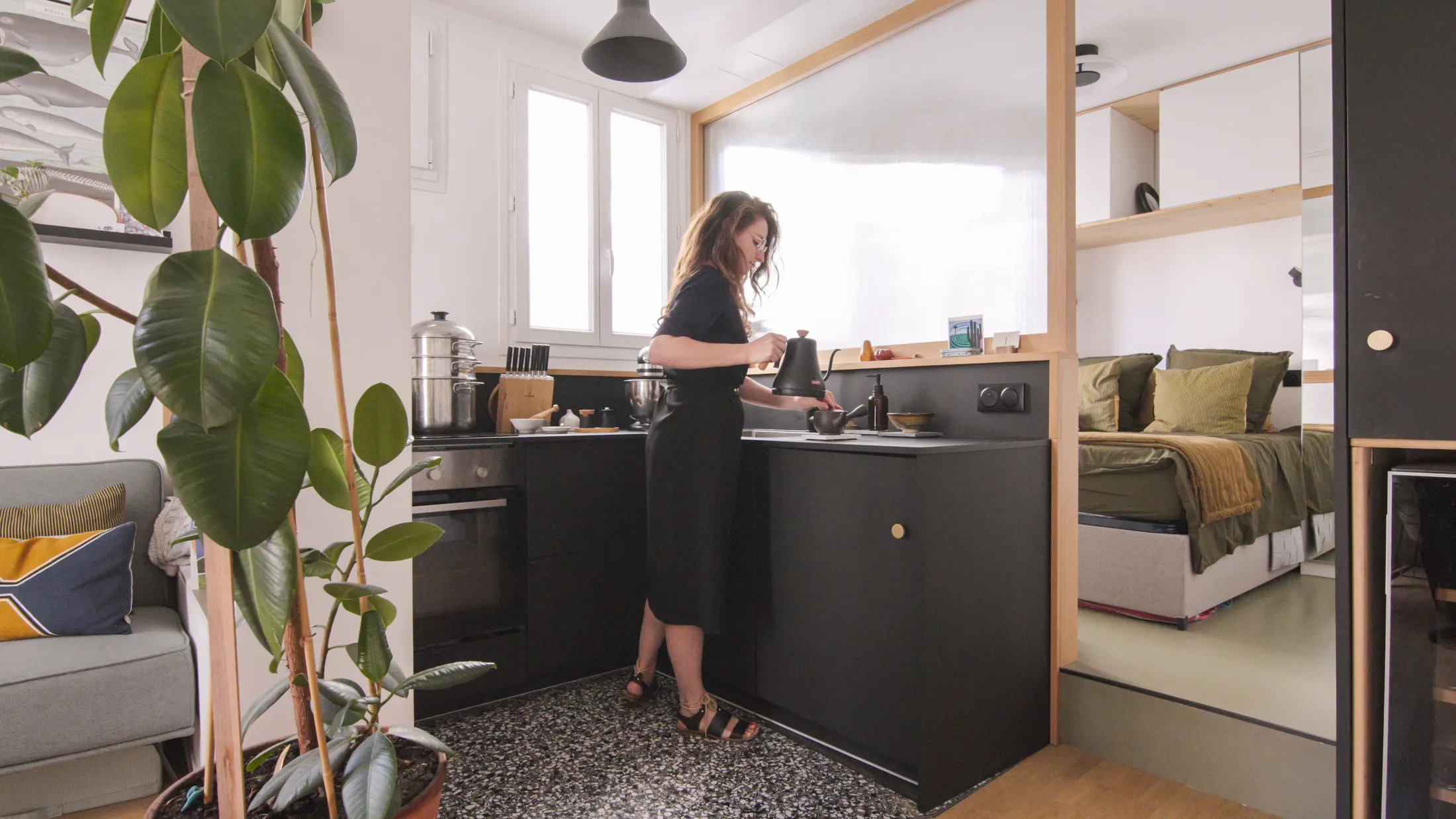
In her Paris home, interior designer Juliane Garcia combines Japanese restraint and Scandinavian simplicity to transform a compact apartment into a light-filled space shaped by warmth and considered design.
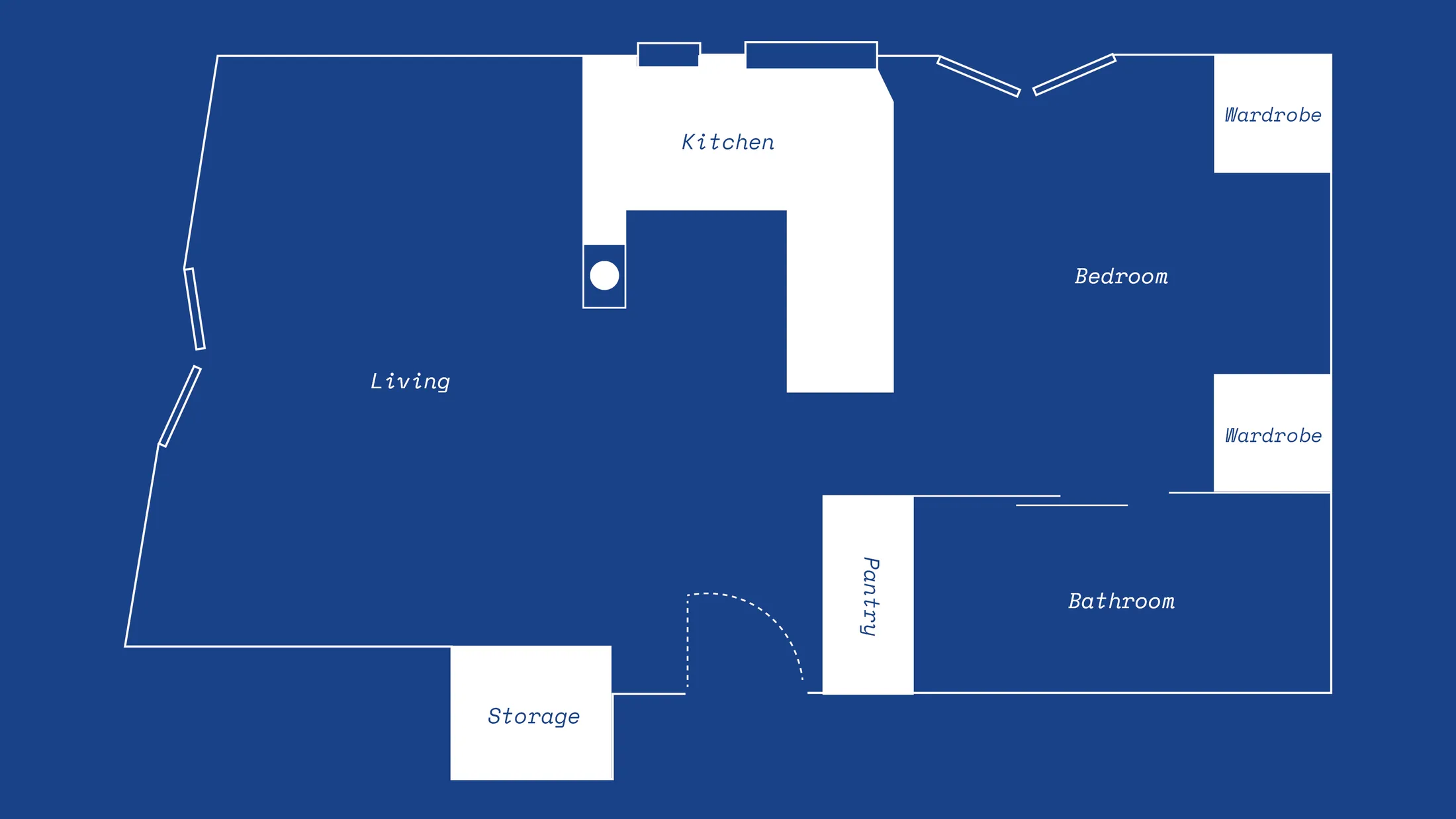
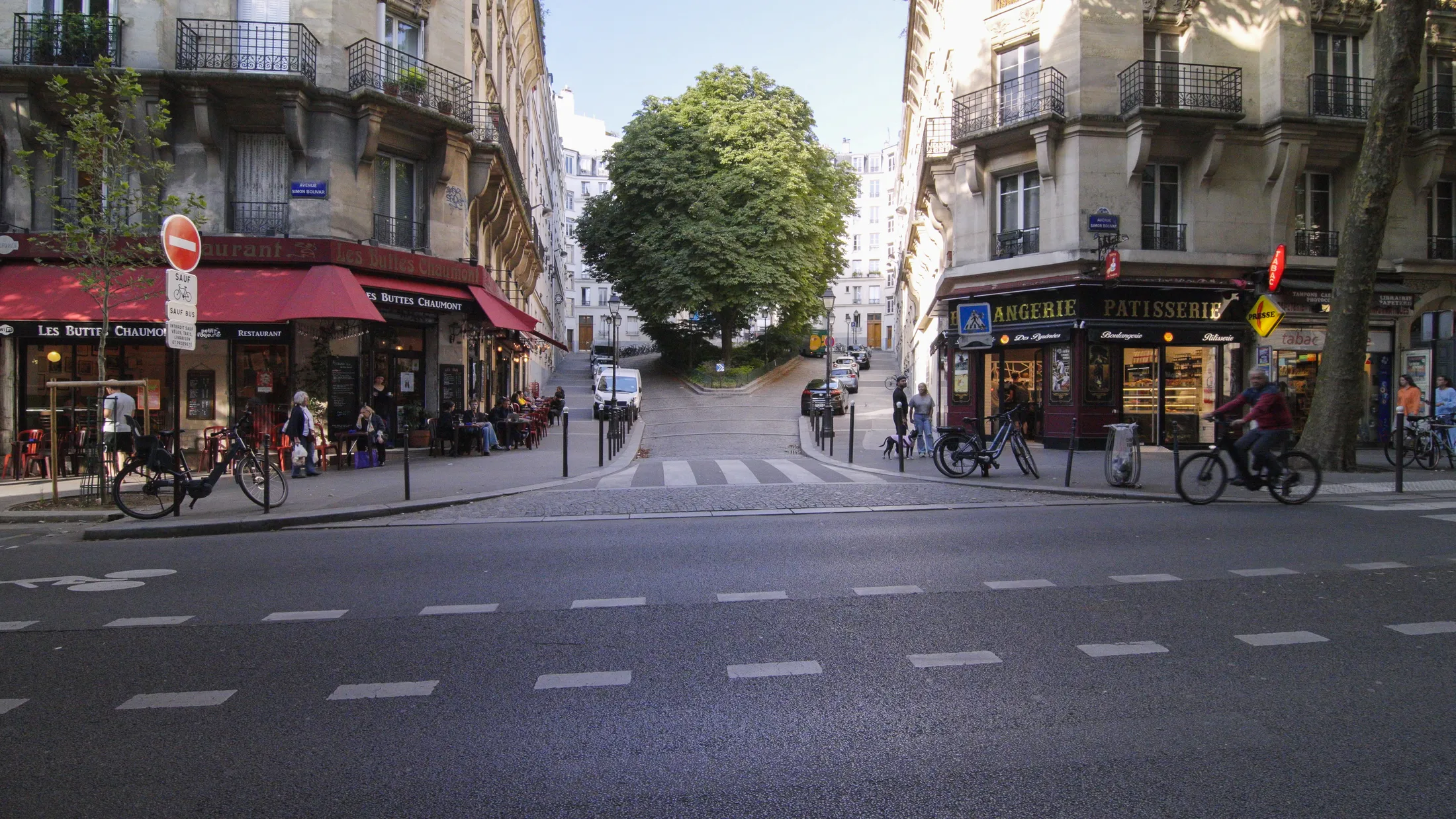
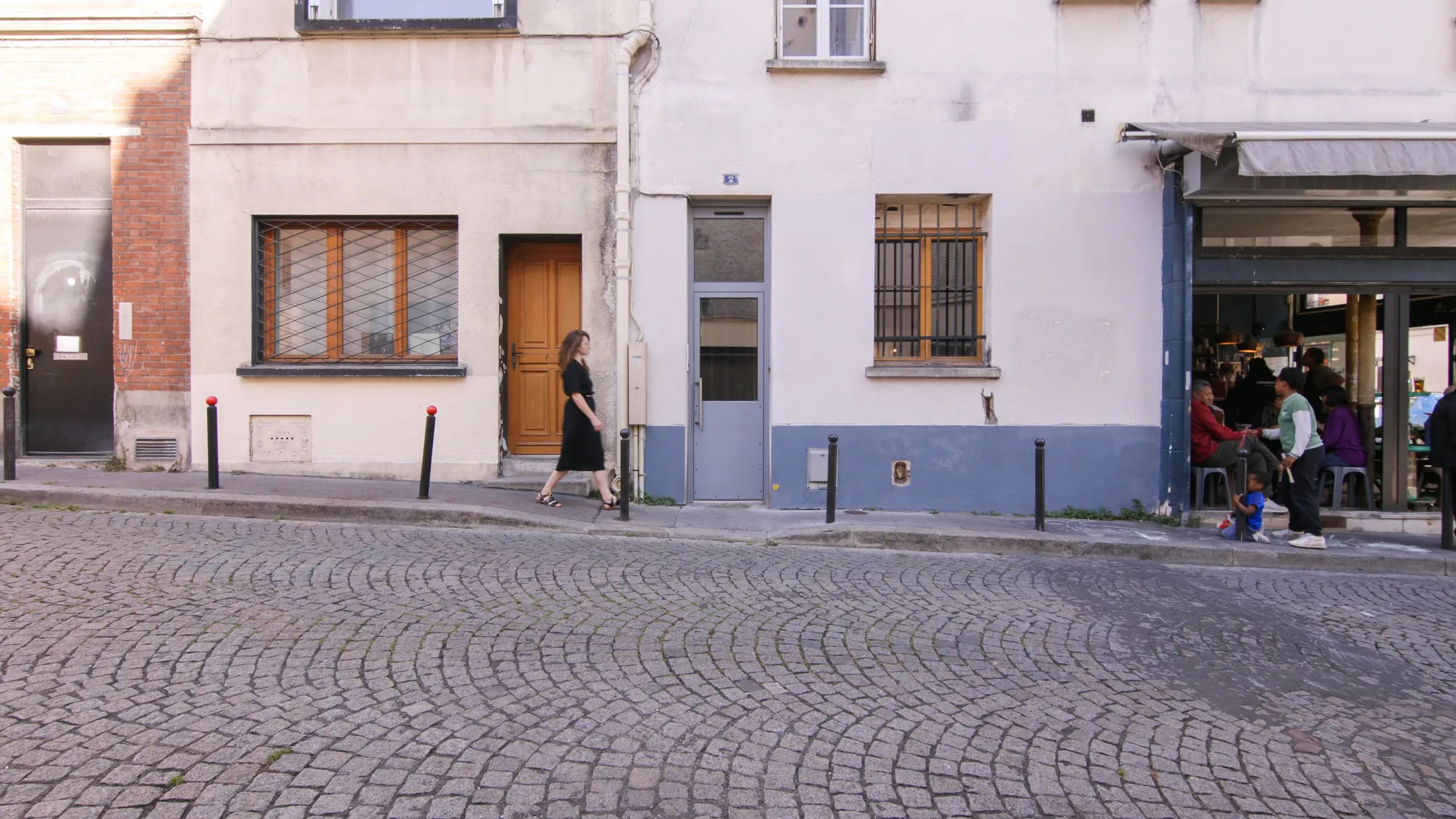
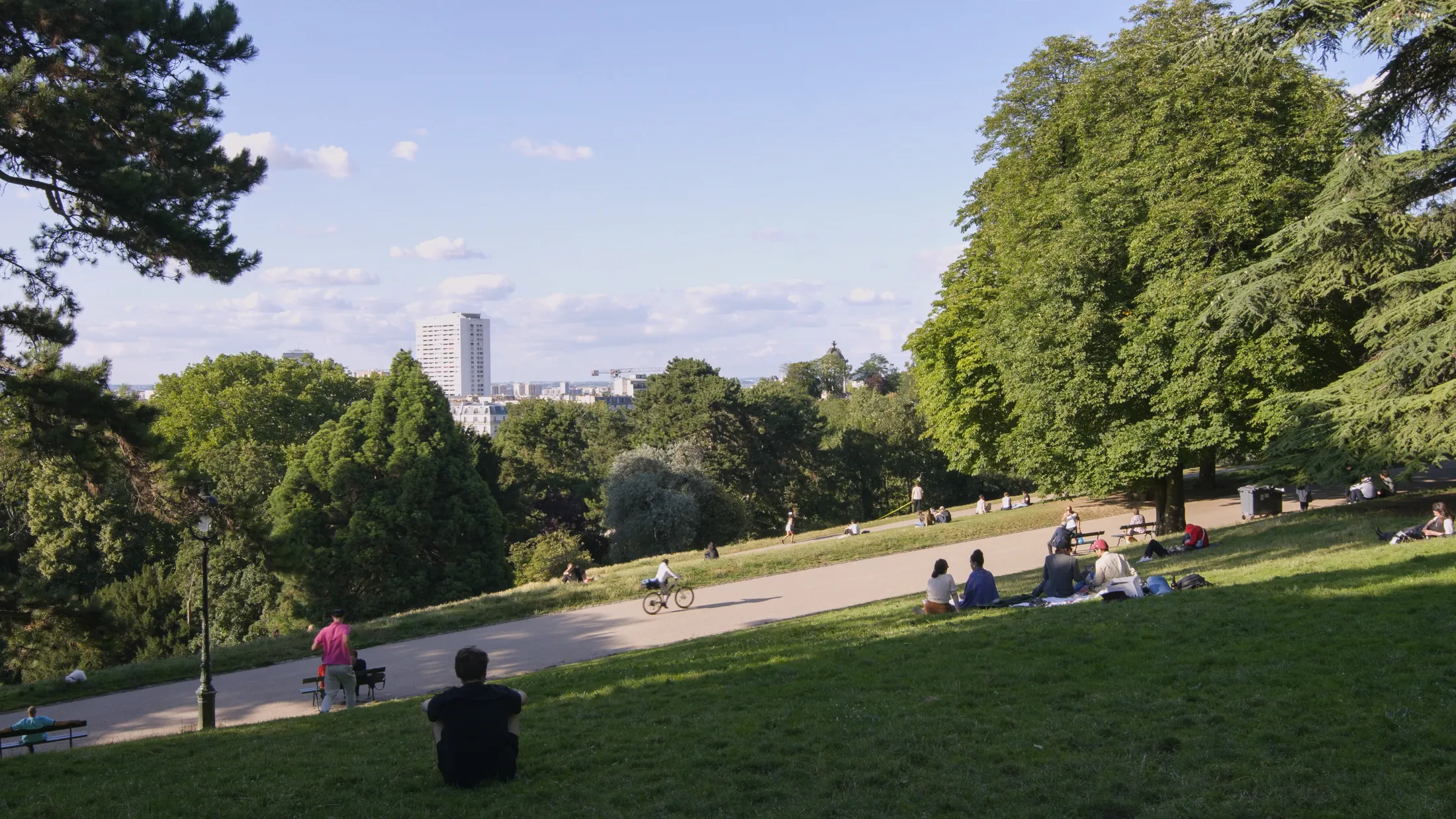
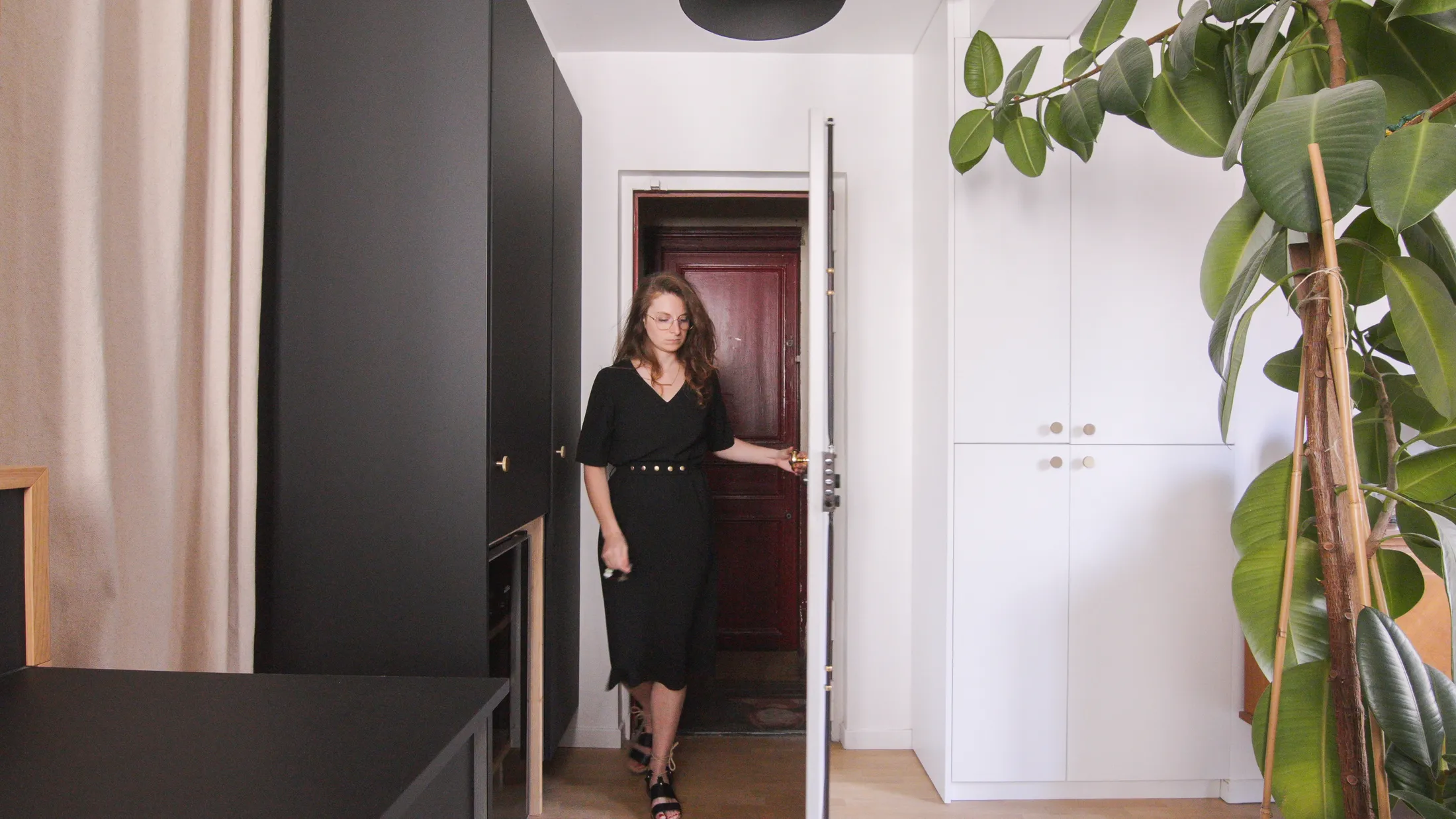
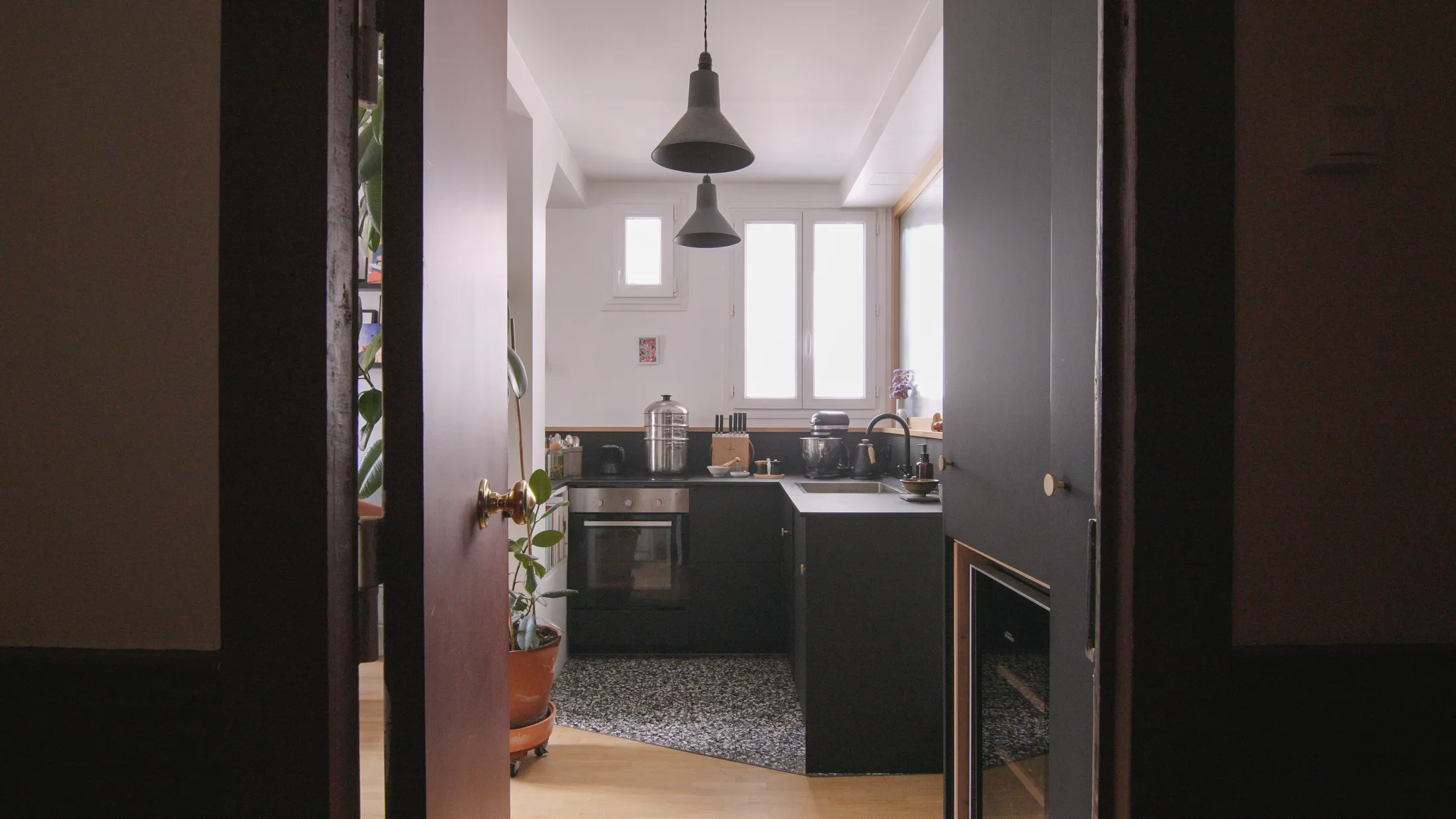
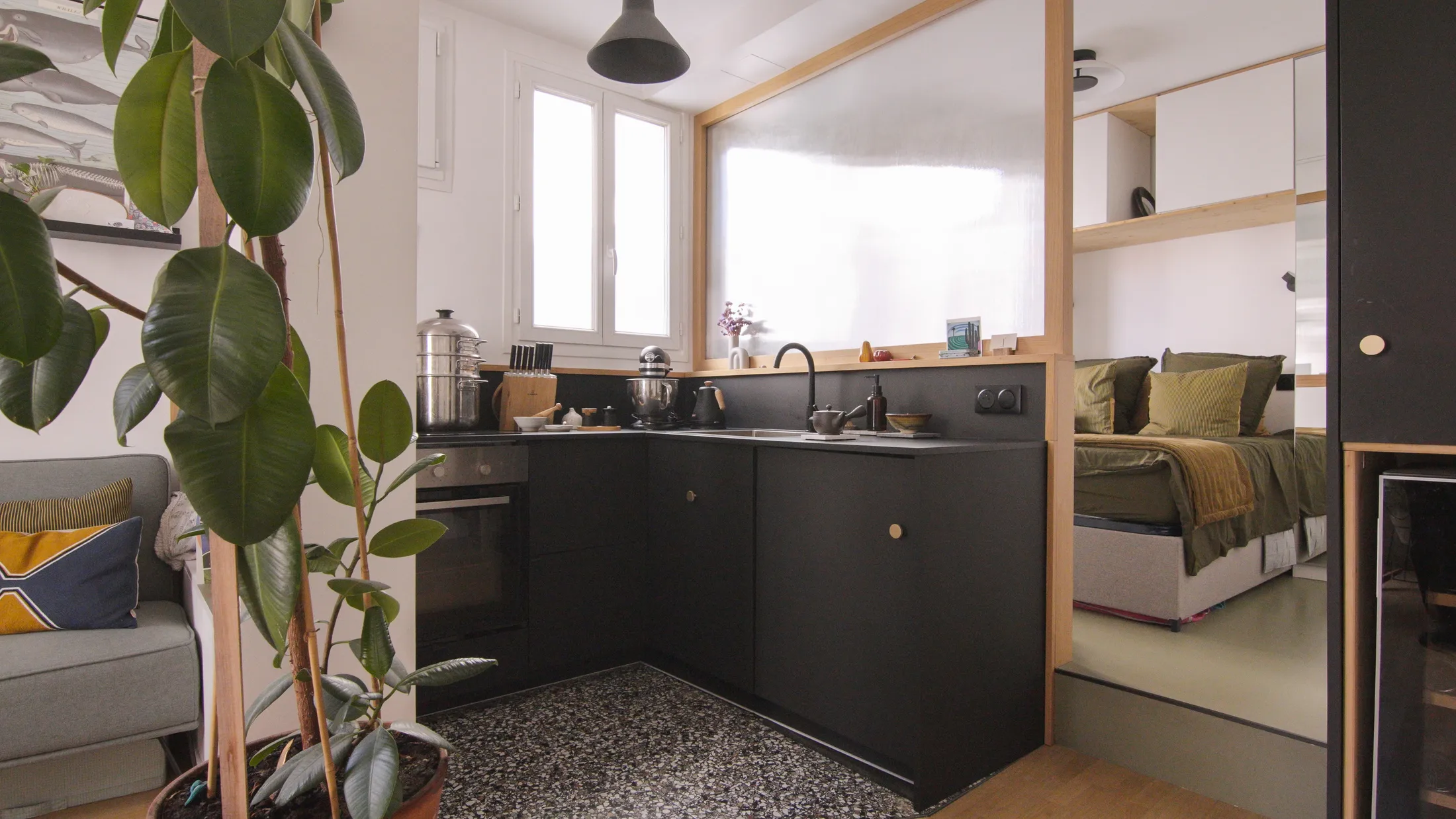
“Doing a renovation on my own space also meant that I didn’t have to make all the decisions at once. I was free to leave some things unfinished without making rushed choices.”
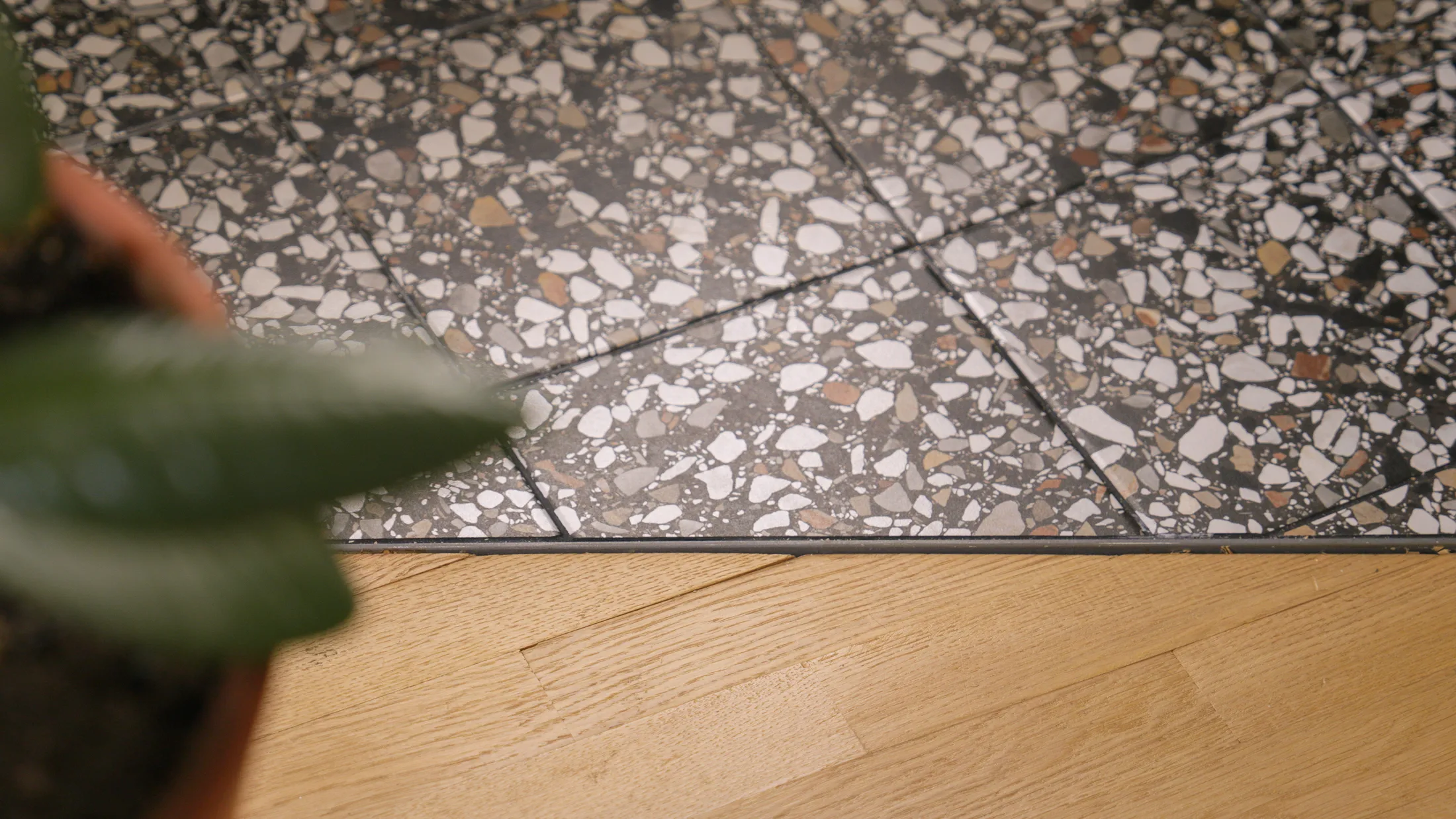
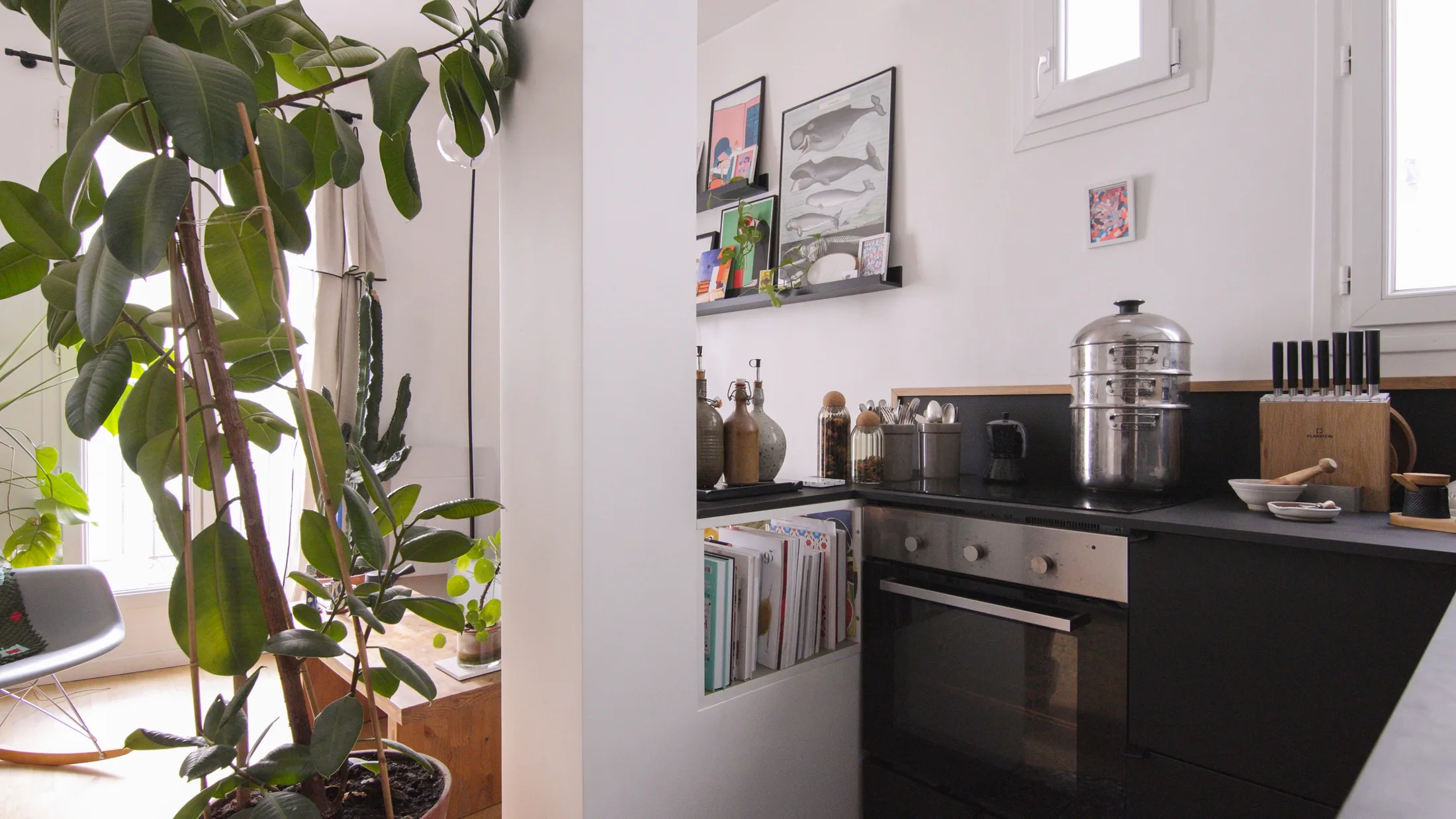
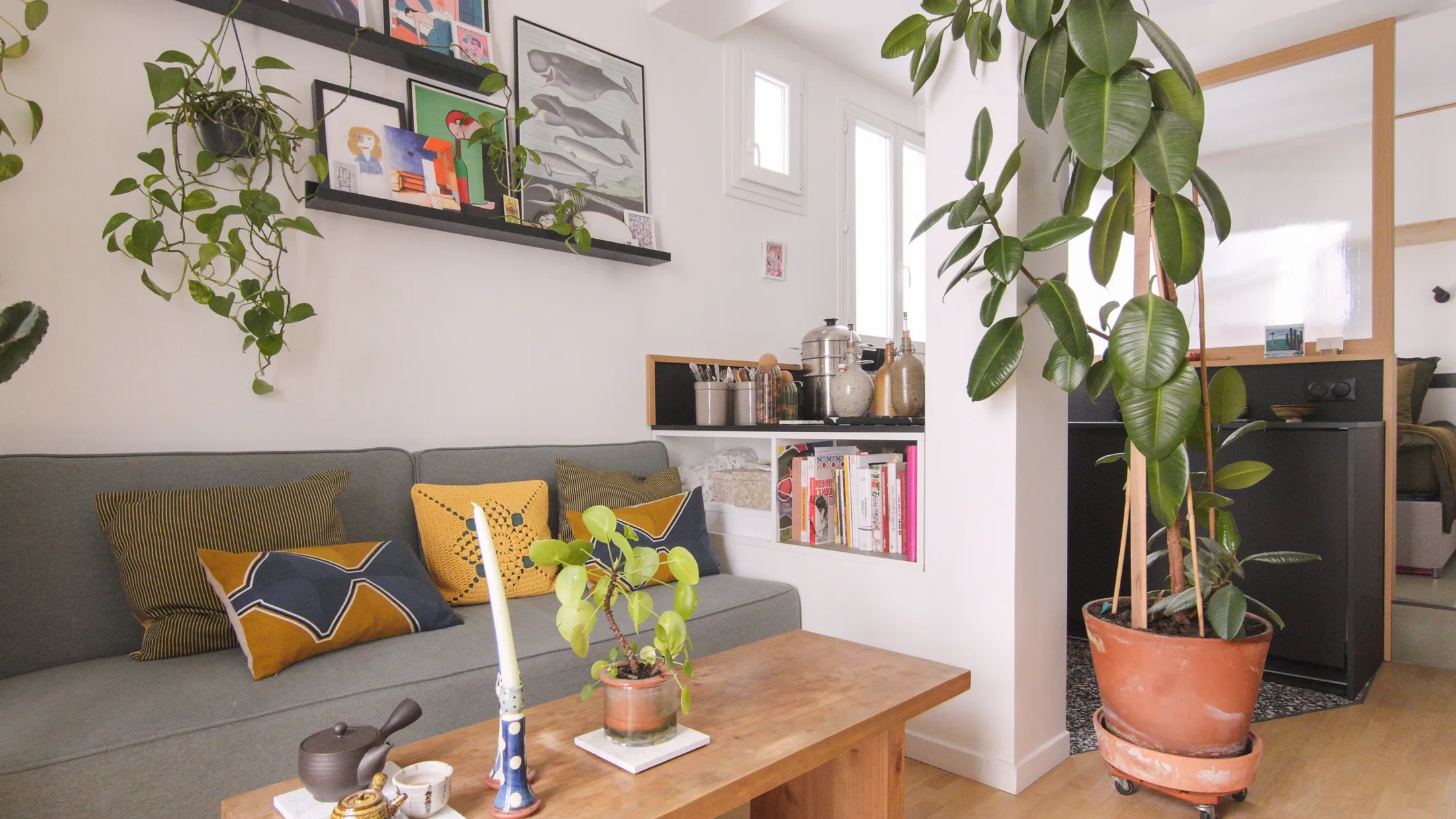
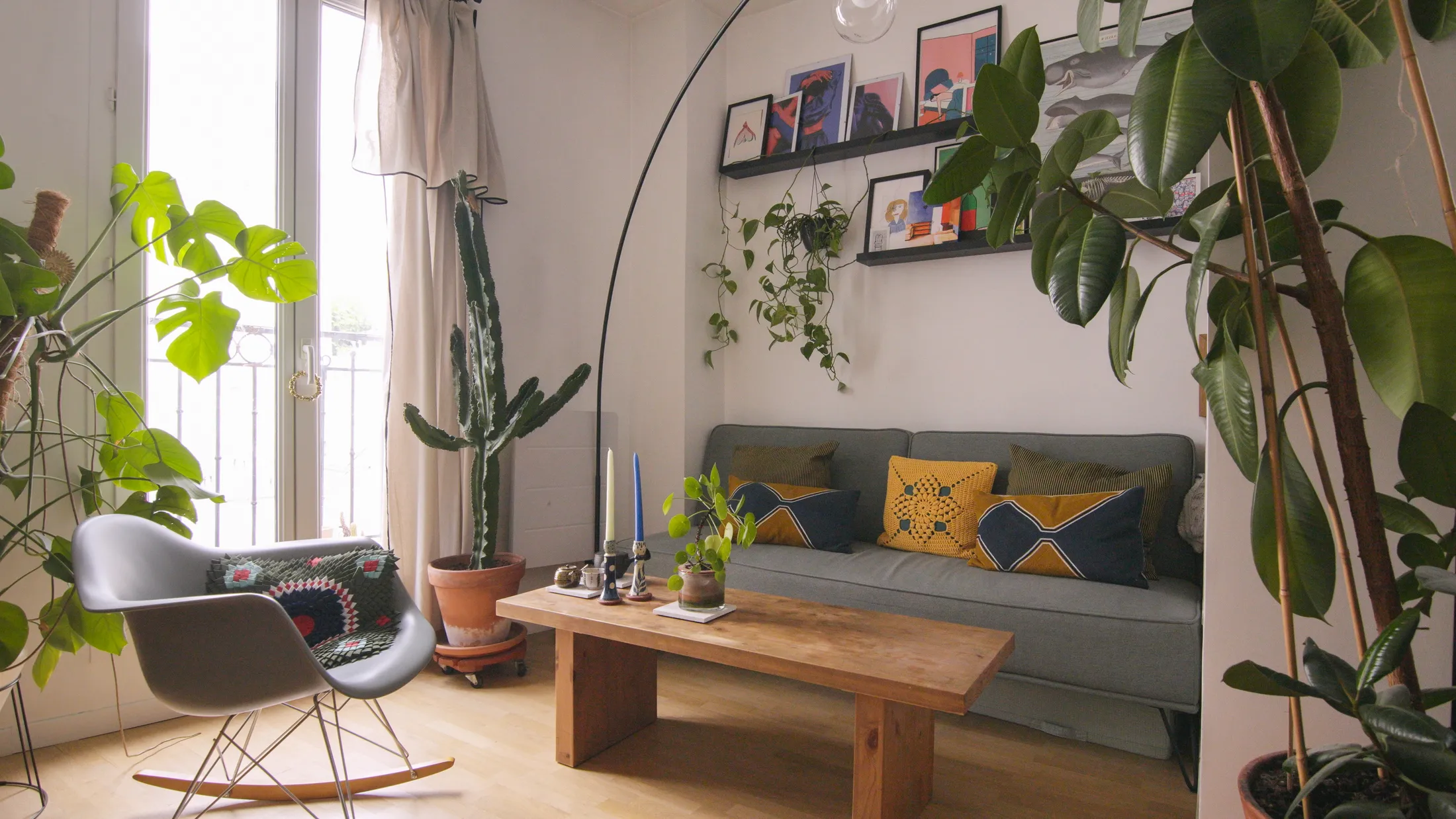
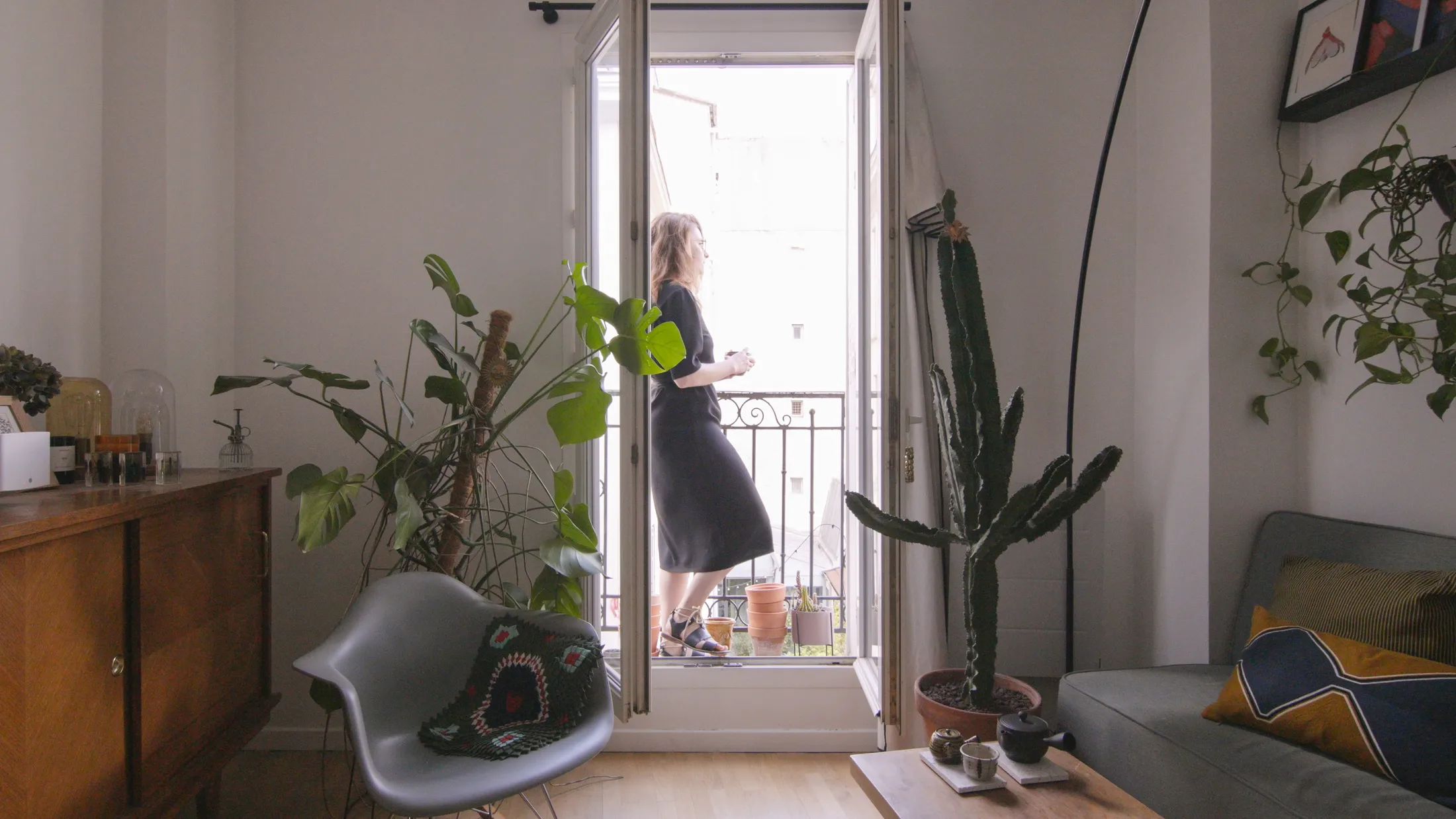
“I like my home to be open to the people I love, so it was important for my home to feel inviting.”


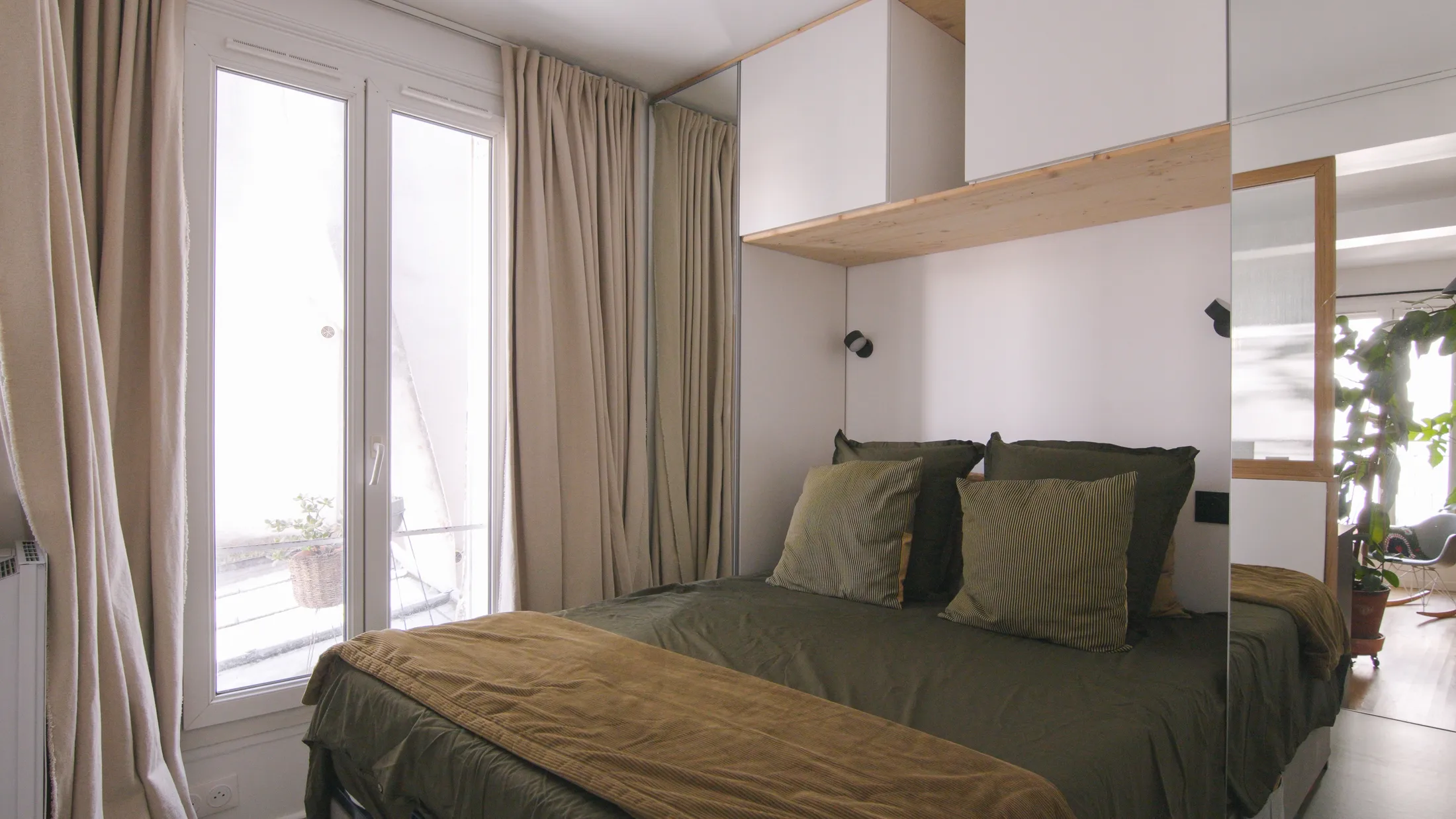
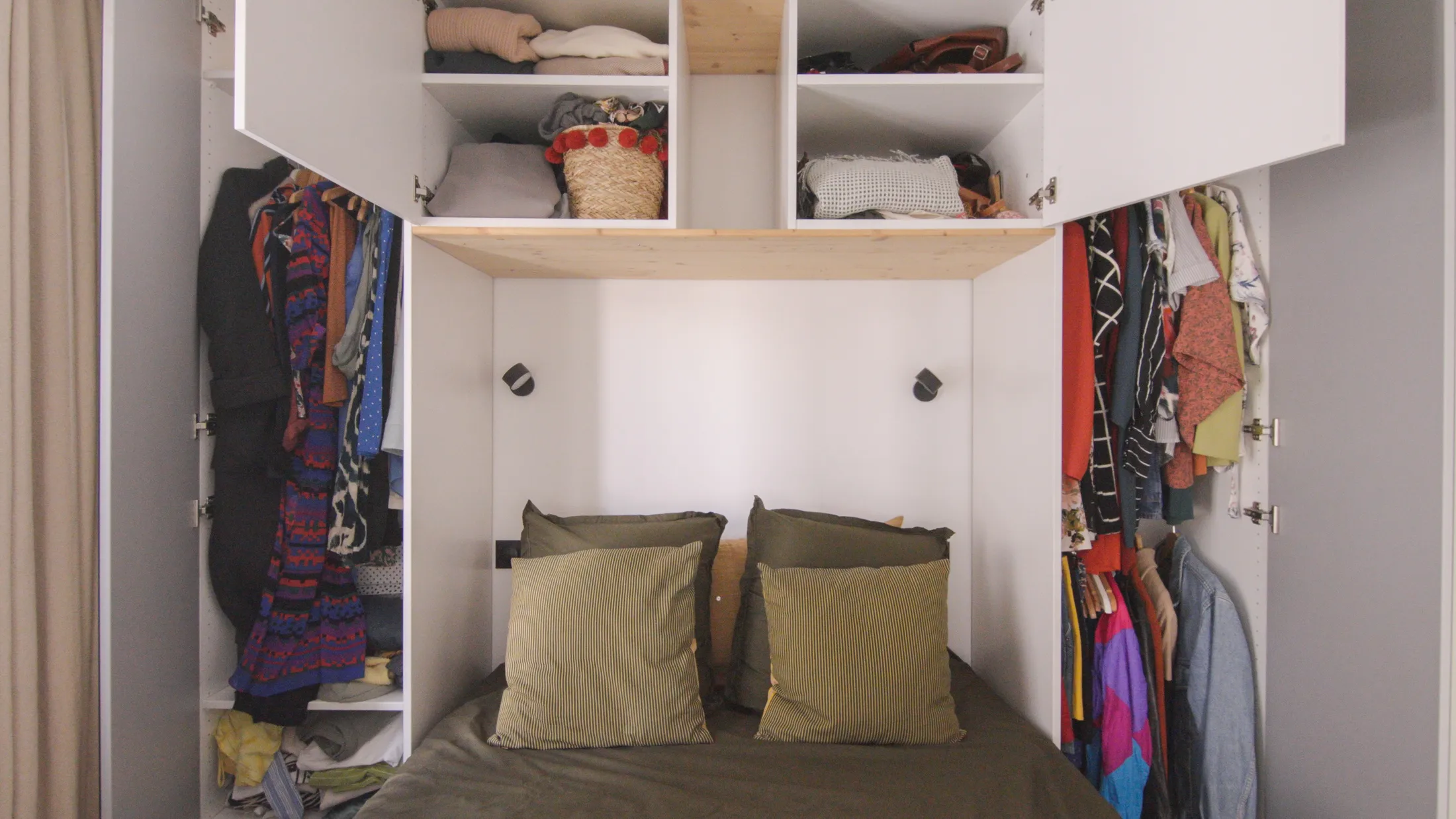
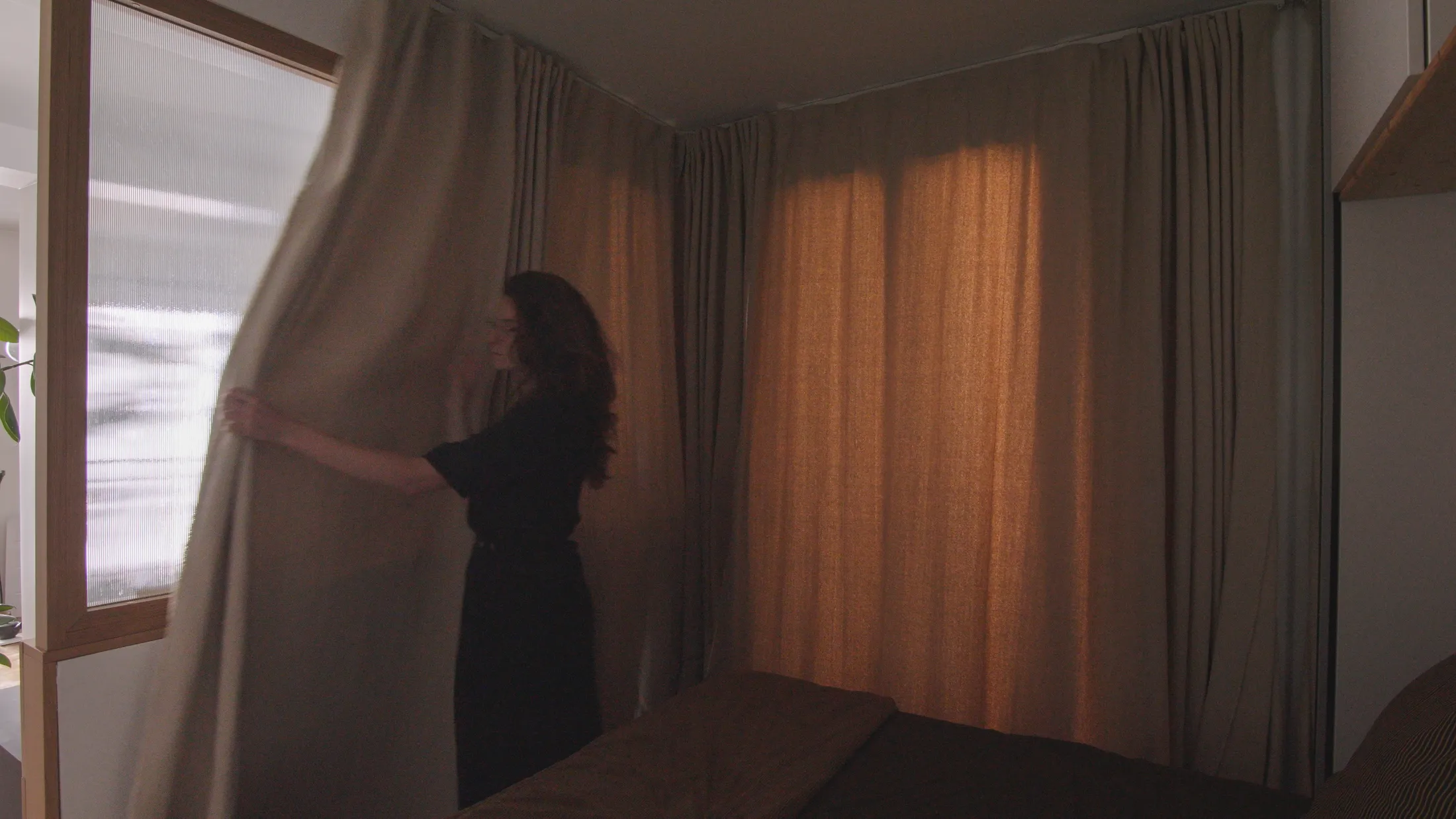
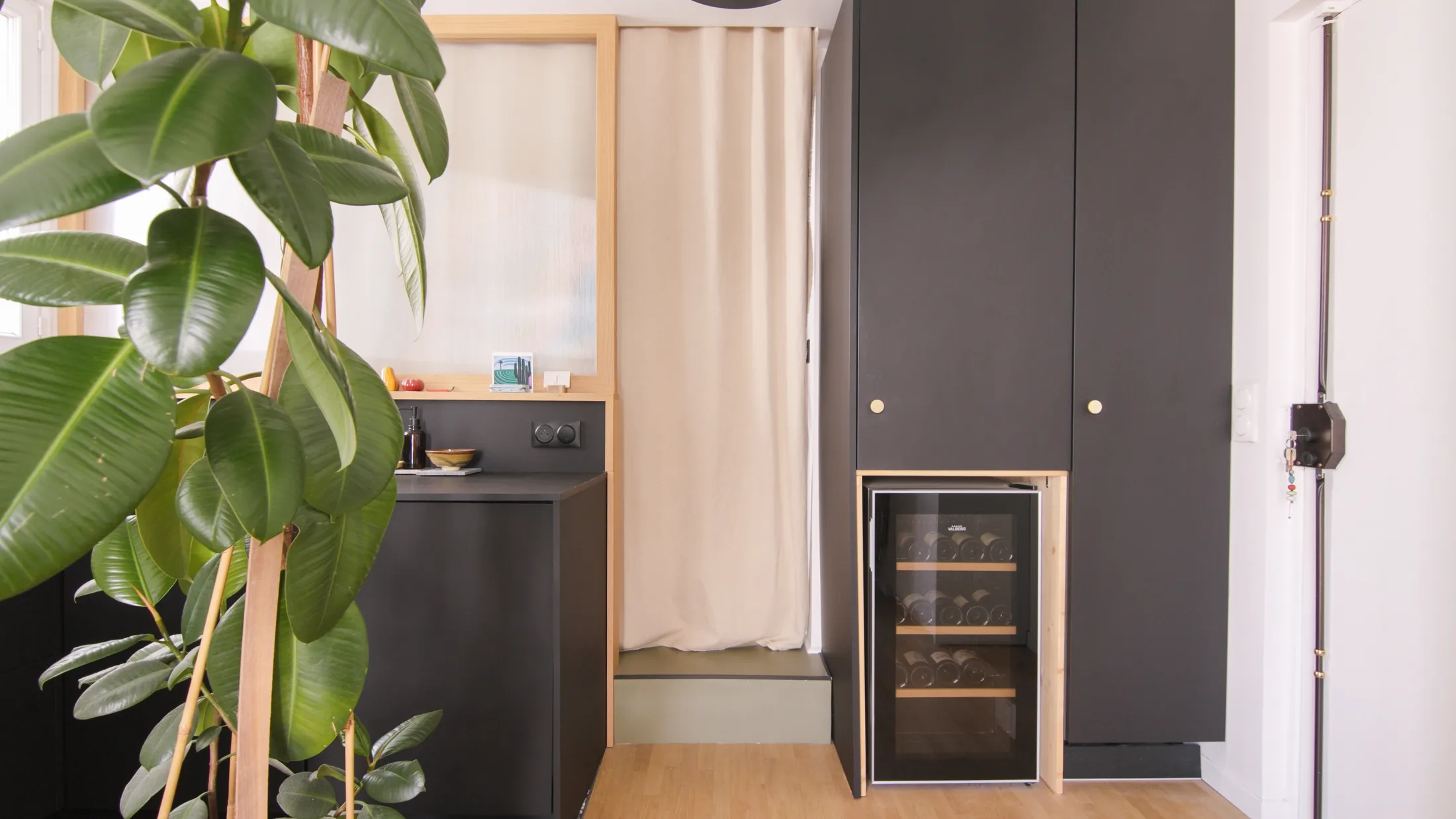
“I find that designing small spaces is often much more fun for me, especially because I enjoy diving into every little detail.”
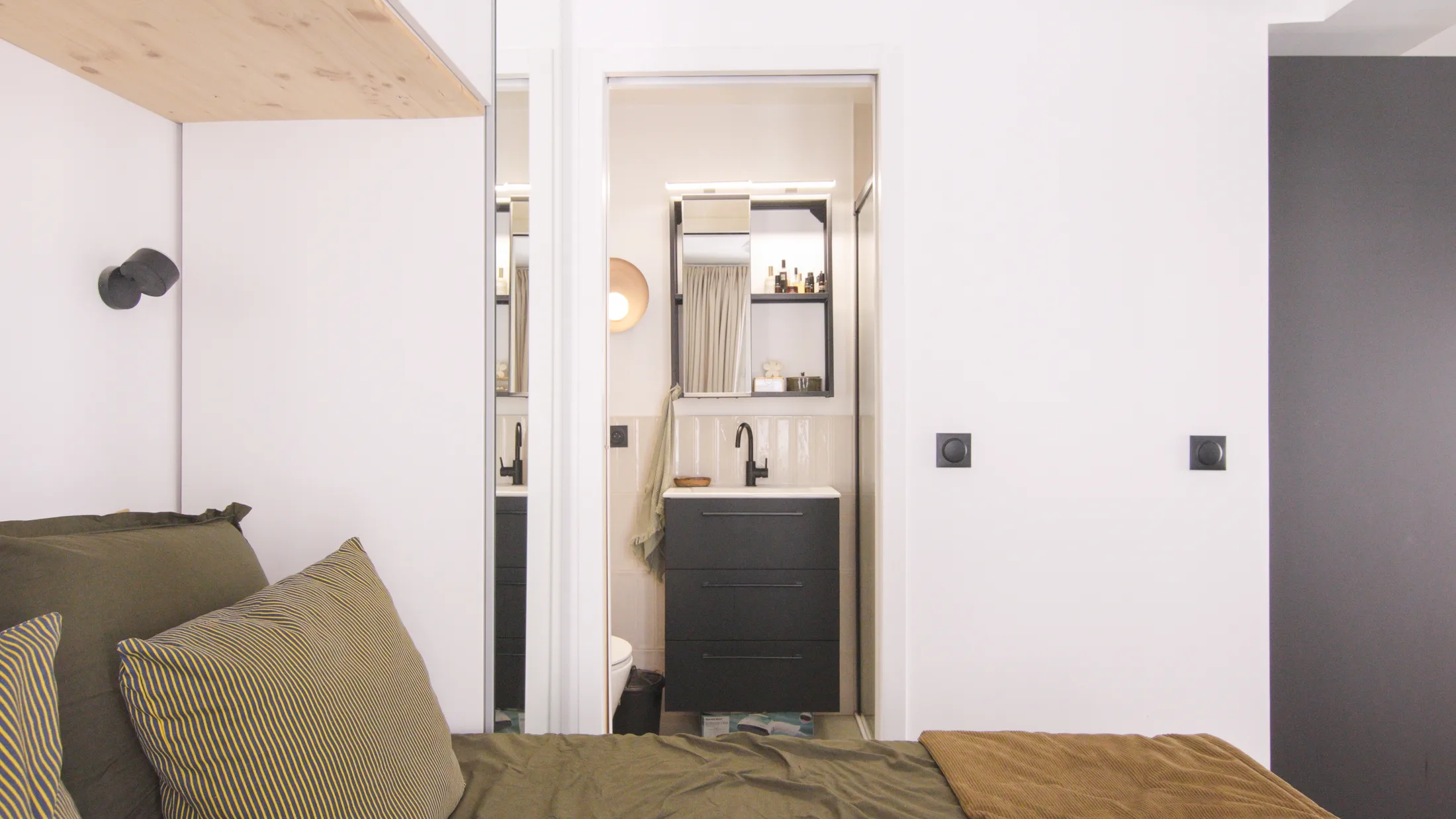
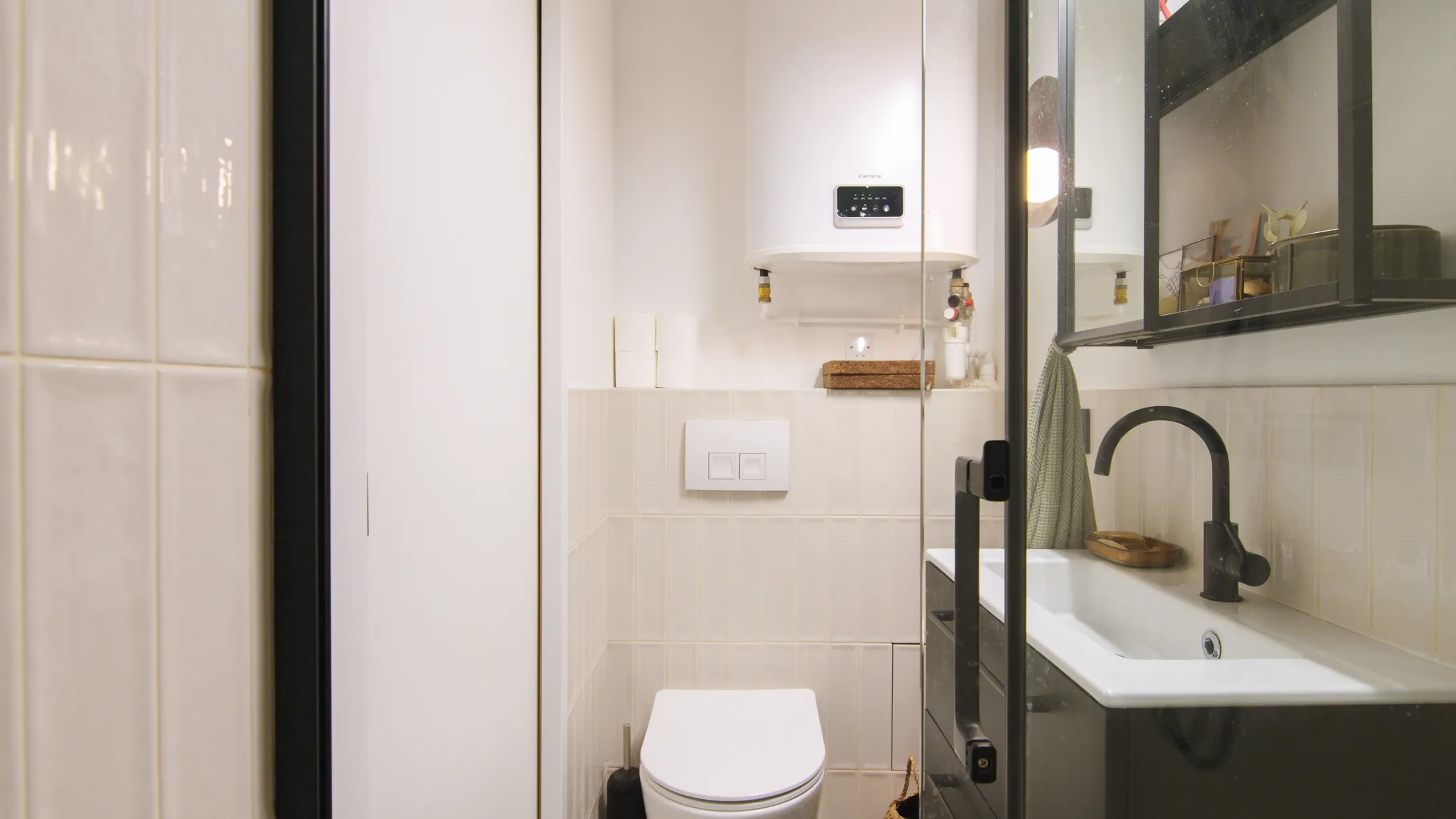
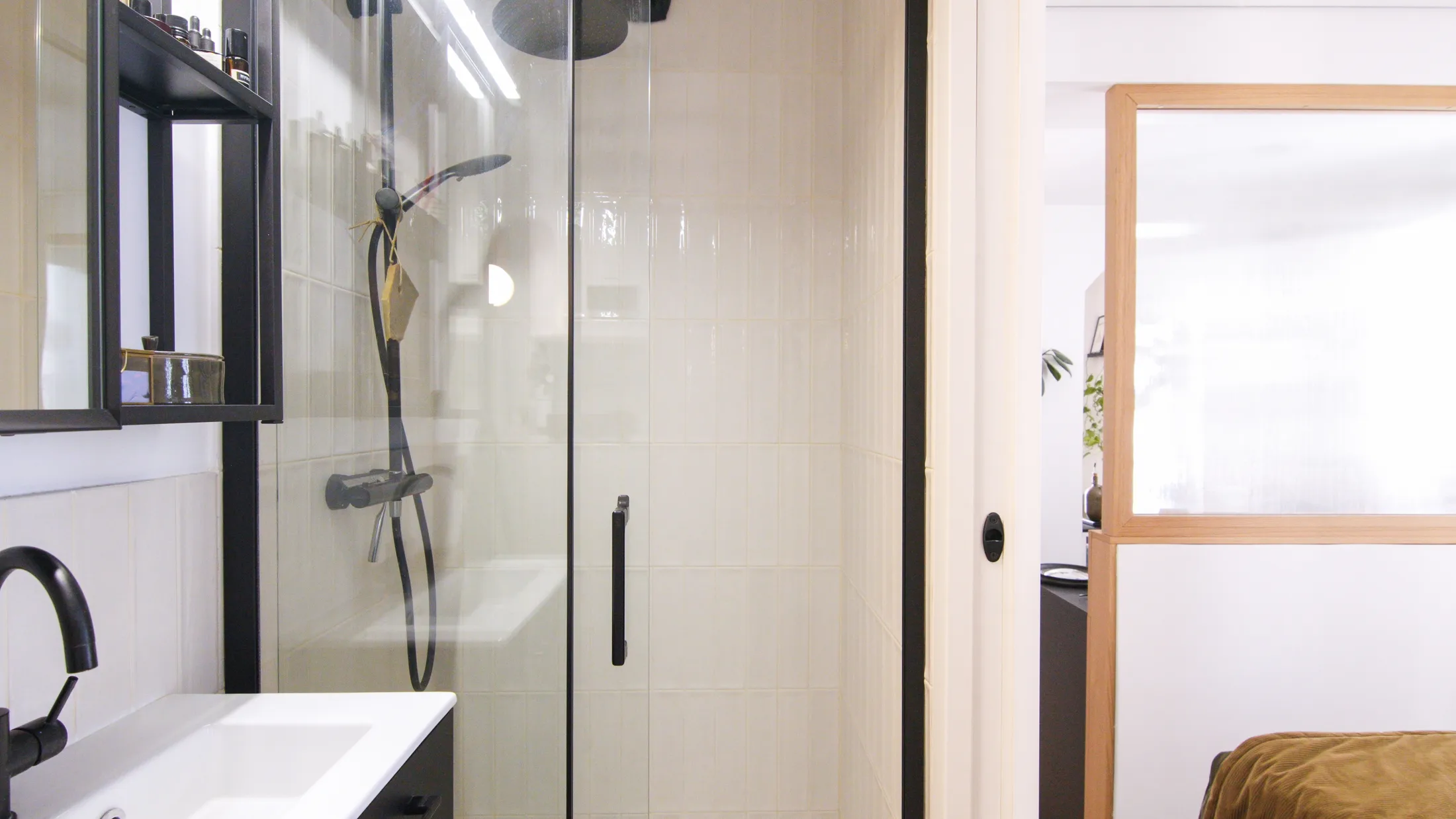
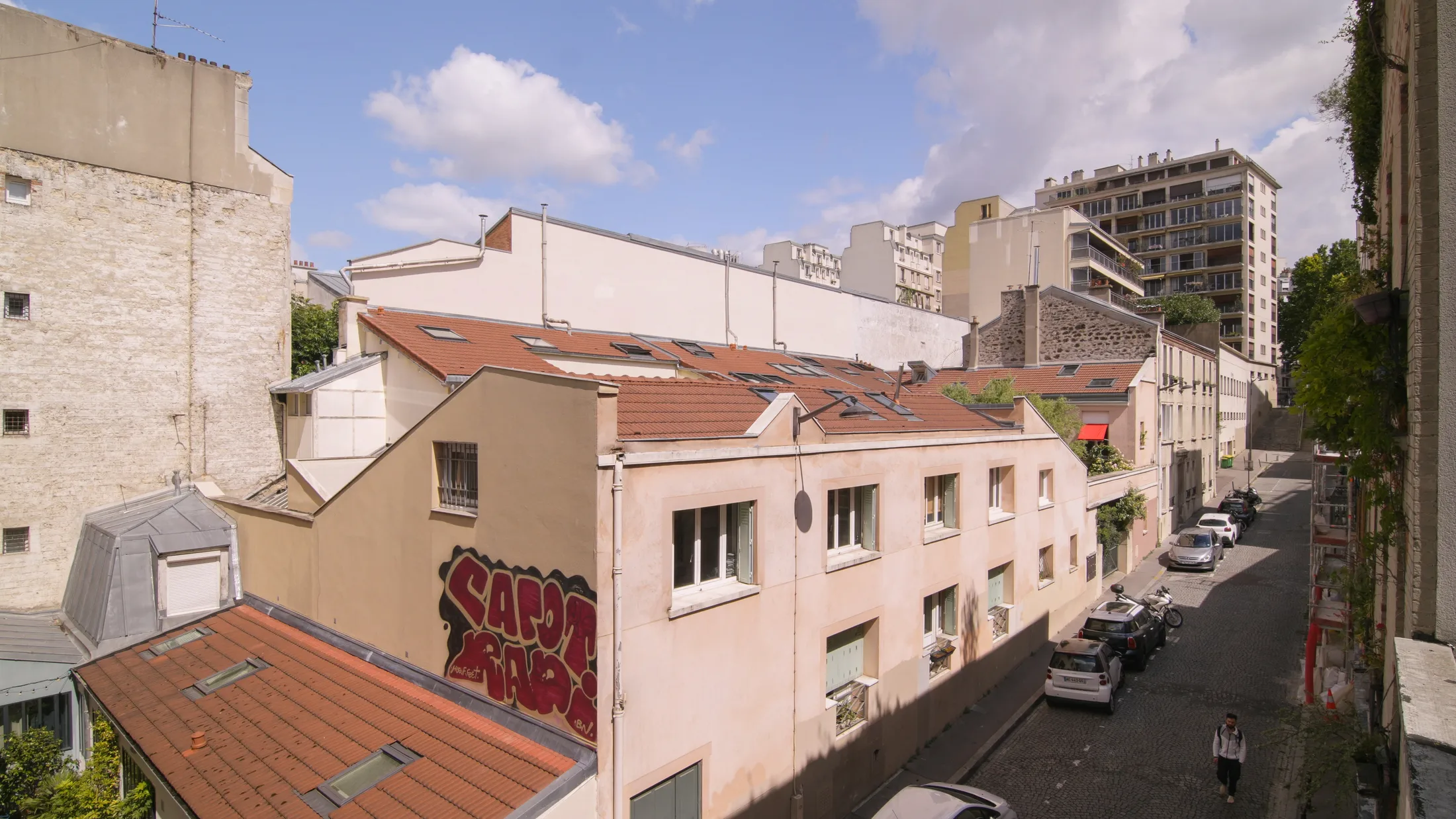

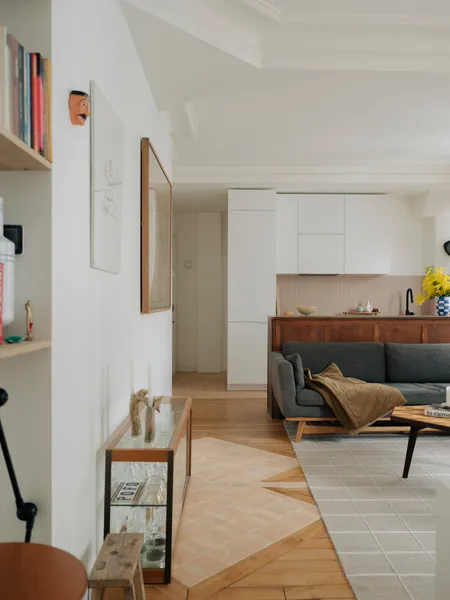
“I use my natural empathy as a tool,” interior designer Juliane Garcia says. “Putting yourself in someone else’s shoes helps the process of optimising their daily routines. Imagining where each object should be placed, based on the clients’ habits and needs, is something I truly enjoy.” It is with this gentle, intuitive practice that Garcia, who owns Maison Insula, designed her own 25sqm/269sqft apartment in Paris.
Tucked within a 1966 building in the 19th arrondissement, the apartment, which she’s named Passage Gauthier, lies at the end of a cobbled passage that climbs toward the lush Buttes-Chaumont Park. As Garcia notes, the building fosters a strong sense of community: “There’s a bar just downstairs, and it’s a place where all the neighbours gather, especially on Friday nights.” On warm days, the bar sets tables out on the cobblestones and children play in the quiet passage, adding to the distinct charm of the area.
While the location may be idyllic for city living, pre-renovation the apartment was far from it. The space was divided into three small, enclosed rooms that blocked light from reaching the interior. A drainage pipe from the upstairs neighbour’s toilet ran exposed through the middle of the kitchen (less than ideal), and a previous renovation had simply covered leaks and damaged floors. Yet despite its layout, the apartment had three large windows and a smaller one – a rare bonus in a compact Paris home – hinting at the bright, open space it could become. Garcia saw potential in its proportions and natural light. She set to work transforming the apartment into an open, cohesive home.
All of the interior walls were soon gone and the bathroom relocated to the darkest part of the home, with the bedroom next door. The bedroom was given a platform to hide the new plumbing and mark the boundary between public and private zones. The exposed drainage pipe from the upstairs neighbour’s toilet was concealed within a new pillar that also helped to define the kitchen zone. Garcia notes, “I really wanted to be able to see the entire space at a single glance, rather than having it fragmented as it was before,” and this new layout achieves exactly that.
“I find that designing small spaces is often much more fun for me, especially because I enjoy diving into every little detail,” Garcia says. With the layout established, the details were where Passage Gauthier came alive. Garcia’s design was inspired by shoji screens – traditional Japanese sliding panels that allow light to filter through – and by Scandinavian design, with its emphasis on light wood, diffused light, and open spaces. She also notes that she “didn’t want the space to be completely white,” so she carefully introduced contrast, showing how she blended the two influences into something personal and unique.
The walls may be white, but the kitchen is completely black – a decision that Garcia faced some scepticism over. “Many people told me that black wouldn’t be smart if I wanted to create a light-flooded apartment, but I think I proved them wrong!” she says. Wanting the kitchen to be the main feature of the home, Garcia designed it for everyday cooking and hosting. She prioritised generous counter space and a large four-burner oven, choosing features that suited her own cooking habits over additions like a microwave or dishwasher. The tactile mix of black resin, terrazzo, and oak parquet, largely sourced second-hand, grounds the minimalist palette in warmth and texture. Although measuring only 25sqm/269sqft, the apartment includes a wine fridge – a small luxury that captures its casual yet considered joie de vivre.
And for sleeping? Well, one need just peek beyond the curtain. “To divide the kitchen and bedroom, we installed a partition made of glass that connects these two zones, allowing light to filter throughout the apartment while preserving privacy,” Garcia explains. A large curtain made by a friend can be drawn across the glass and the bedroom windows to black out the space entirely for sleeping. Around the bed, Garcia framed a combination of IKEA cabinets in wood to create built-in storage and integrated lighting, which, as she says, “made crawling into the bed feel like a safe little nook.”
Garcia designs with intuition and by listening and observing. In her own home, this has meant creating a space tailored precisely to how she lives, while still making room to welcome the people she loves. Rather than becoming overly sentimental, it’s a serene and inviting space grounded in thoughtfulness and liveability – one that also reflects her belief in connection beyond the home itself. As she notes, “This small apartment has made me realise how important it is to live surrounded by a community rather than being isolated in our small spaces.”